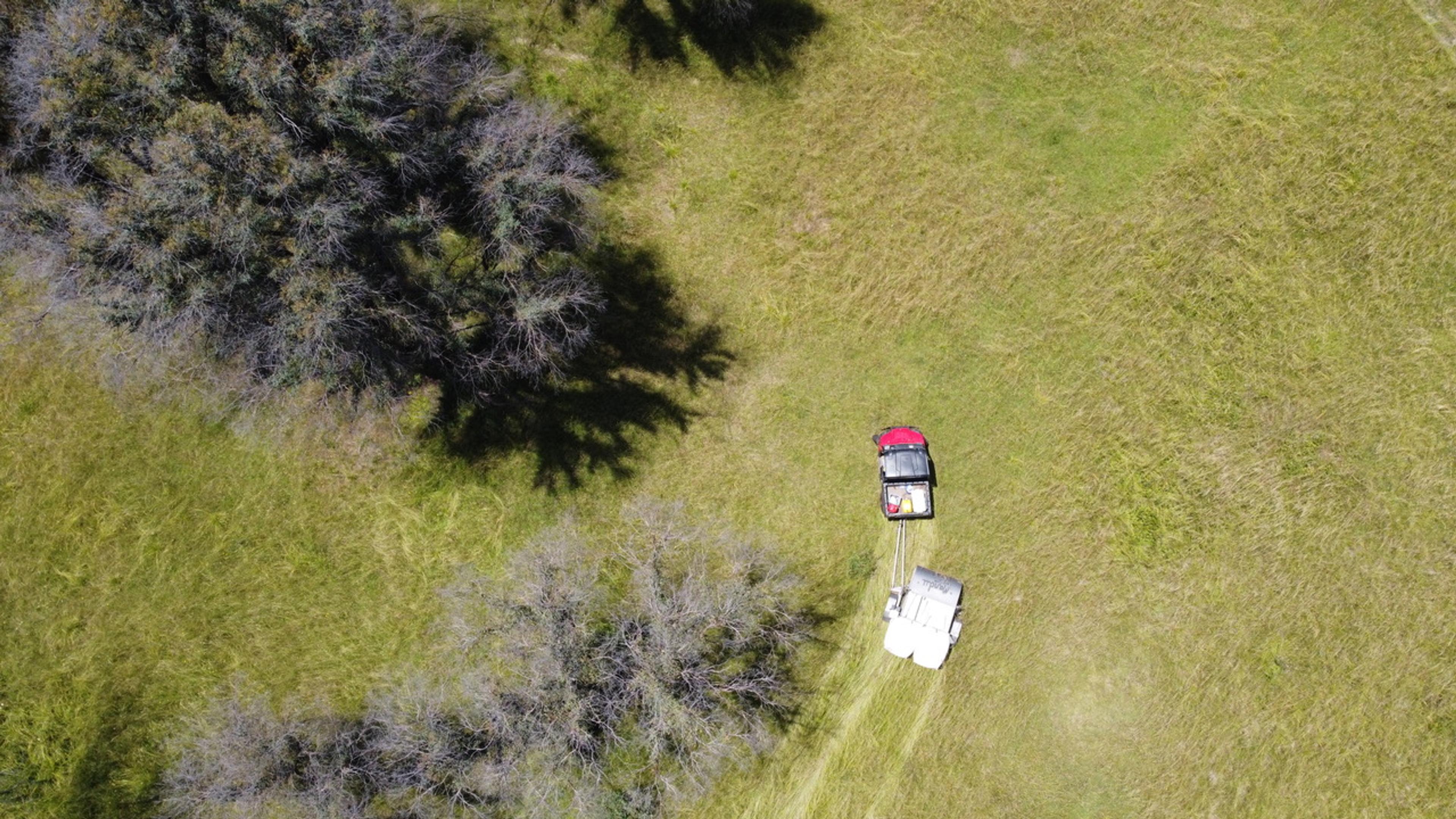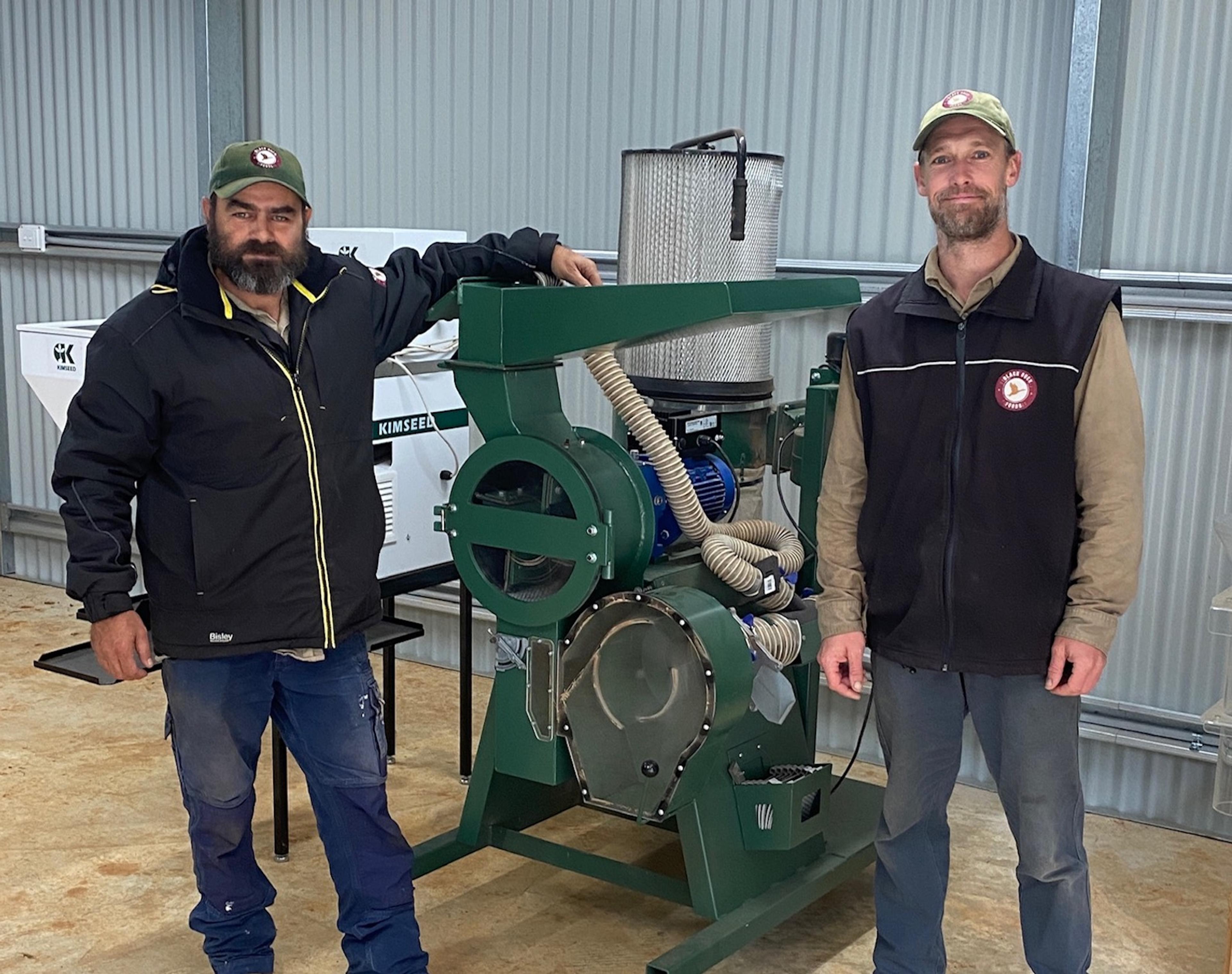Indigenous Grains Initiative
Grant Amount: $15,000
Region: Mallacoota, Victoria
Delivered by: Black Duck Food
Year funded: 2024
Project status: In progress
The Challenge
In Australia, grain is a cornerstone of the agricultural industry, underpinning a vast array of products from bread to beer. Despite the country's reliance on grains, the majority of these crops are cultivated using industrial farming methods that have a substantial environmental impact. Industrial grain farming typically involves monoculture practices, heavy use of chemical fertilisers, and pesticides, which degrade soil health, reduce biodiversity, and contribute to greenhouse gas emissions. This intensive approach not only strains the environment but also poses long-term sustainability challenges for the industry.
The Innovation
In recent years, the demand for native grains, has surged. These grains have grown on Country for thousands of years; they are nutritious, kind to the environment, grow without fertiliser or disturbance to the country, sequester carbon, and their deep and massive root systems bind and build soil.
The processing of Indigenous grains requires specialised equipment. The Good Grain initiative, a collaboration between Sustainable Table and Stone & Wood, is funding Black Duck Foods, an Aboriginal-led social enterprise, to upgrade its infrastructure. This will allowing them to increase yields, commercialise the processing of native grains and return greater profits to Aboriginal communities.
Why did Sustainable Table fund this project?
Black Duck Foods is a leader in the native grains space, influencing industry standards and demonstrating what is possible. Their collaboration with other farmers encourages the adoption of native pasture and grain systems across Australia. Additionally, their efforts to expand connections within the brewing industry, as demonstrated by successful collaborations such as the Dark Emu beer, highlight their innovative approach and potential for broader impact.
Please consider donating today to help us support more projects like this and regenerate Australian food and farming.

